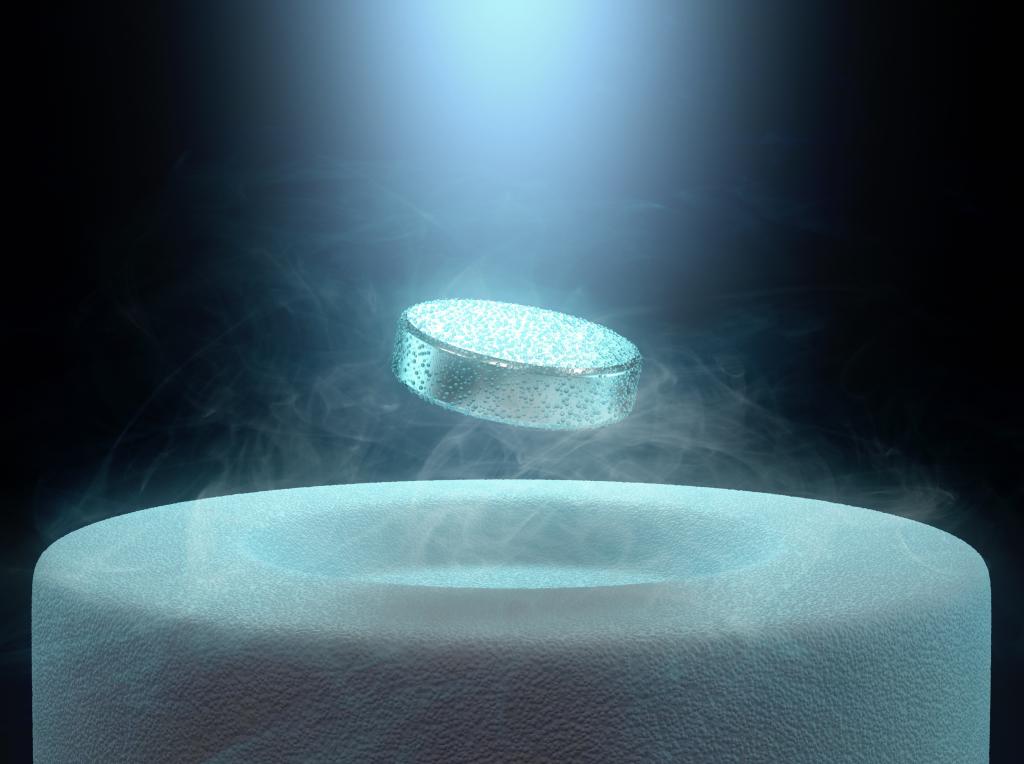It’s been a fun few weeks.
The internet — and more than a few scientists — got their hopes up a couple weeks ago when a team of physicists from South Korea announced that they had created a room-temperature superconductor from a slew of common yet unlikely materials.
LK-99, as they called the material, could be made from things like lead, phosphorus and copper, and the procedure didn’t even require particularly exotic equipment.
Claims of discovering a room-temperature superconductor have almost become a cliché in the physics and materials science spaces at this point. (How many clichés can you count in this article?) LK-99 is the second high-profile claim of room-temperature superconductivity this year, and we’re not even halfway through August!
As candidate superconductors go, the team behind LK-99 was really thinking outside the box. Lead isn’t typically on the short list of materials that researchers in the field turn to. Still, hope springs eternal, which is probably why the internet got all fired up when reports surfaced of an unusual paper on the arXiv preprint server.
Why even care about room-temperature superconductors? Superconductors have two properties that make them attractive: They repel magnetic fields, and they exhibit zero resistance to electric current.
There’s a hitch, though: Today’s superconducting materials have to be chilled well below freezing before they do anything special. A room-temperature superconductor would eliminate the need for cooling equipment and the electricity required to power it.
Without the costly overhead that other superconductors require, room-temp versions would solve a number of challenges. They would bring down the cost of MRI machines, lower the barrier to fusion power, and speed the development and construction of maglev trains, among other things. That is exactly why certain corners of the internet got all hot and bothered about LK-99.
Yet the devil is in the details, as they say, and the paper the South Korean scientists posted hadn’t yet been peer-reviewed, and the methods section was missing some details. Still, some early third-party theoretical and computational analysis suggested the team might be on to something, so other scientists persisted in trying to replicate the results.
After a week or so of additional lab work, LK-99’s future isn’t looking bright.
Over the last few days, several independent teams of researchers have poured cold water on the idea. A team from the National Physical Laboratory of India was able to produce the material with the correct structure, but they didn’t find any evidence of superconductivity.
LK-99 showed some of the necessary magnetic qualities that define superconductors at around 44°F (6.85°C), but not at temperatures as high as the South Korean team had claimed. Plus, it wasn’t superconductive at room temperature; electricity flowed through it, but with some resistance.
Another team, from Peking University in China, also had trouble replicating the original team’s claims. Instead, LK-99 appears to exhibit “weak yet definitive soft ferromagnetic components,” they said. In other words, it’s just a regular magnet, and not a particularly good one at that.
A third lab, at National Taiwan University, also failed to find evidence of superconductivity. According to a tweet from the Condensed Matter Theory Center at the University of Maryland, resistance actually increased as temperature decreased.
In fact, the so-called superconductor might be worse than existing semiconductors, several of which are helping you read this, hopefully at room temperature.
If things continue along this track, then LK-99 will probably follow in the footsteps of its predecessors. Over the years, various researchers have claimed that materials they discovered were room-temperature superconductors. Some of those scientists were perhaps overly hopeful, inferring extraordinariness in otherwise ordinary data. Others have been accused of worse.
At this point, it’s hard to say where LK-99 falls on this spectrum. There’s still a chance that one lab or another might replicate the original results. The odds are not looking good, though.
Not to beat a dead horse, but LK-99’s goose is probably cooked.































Comment